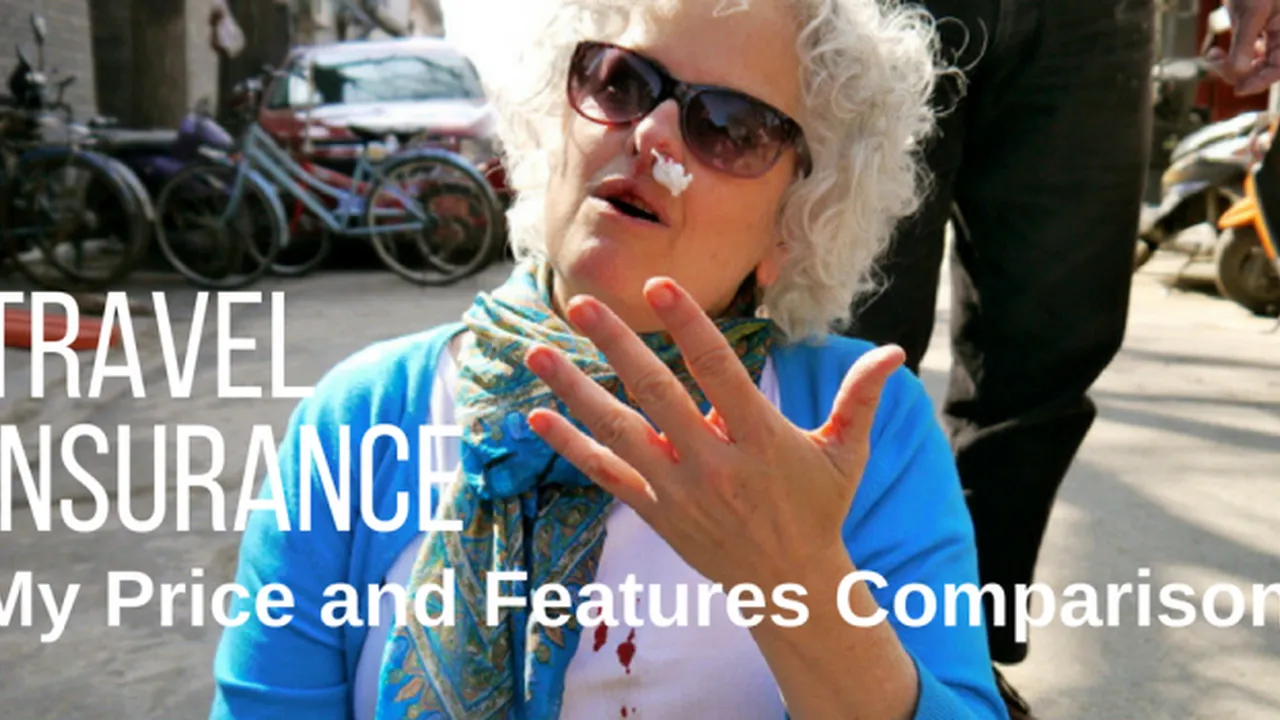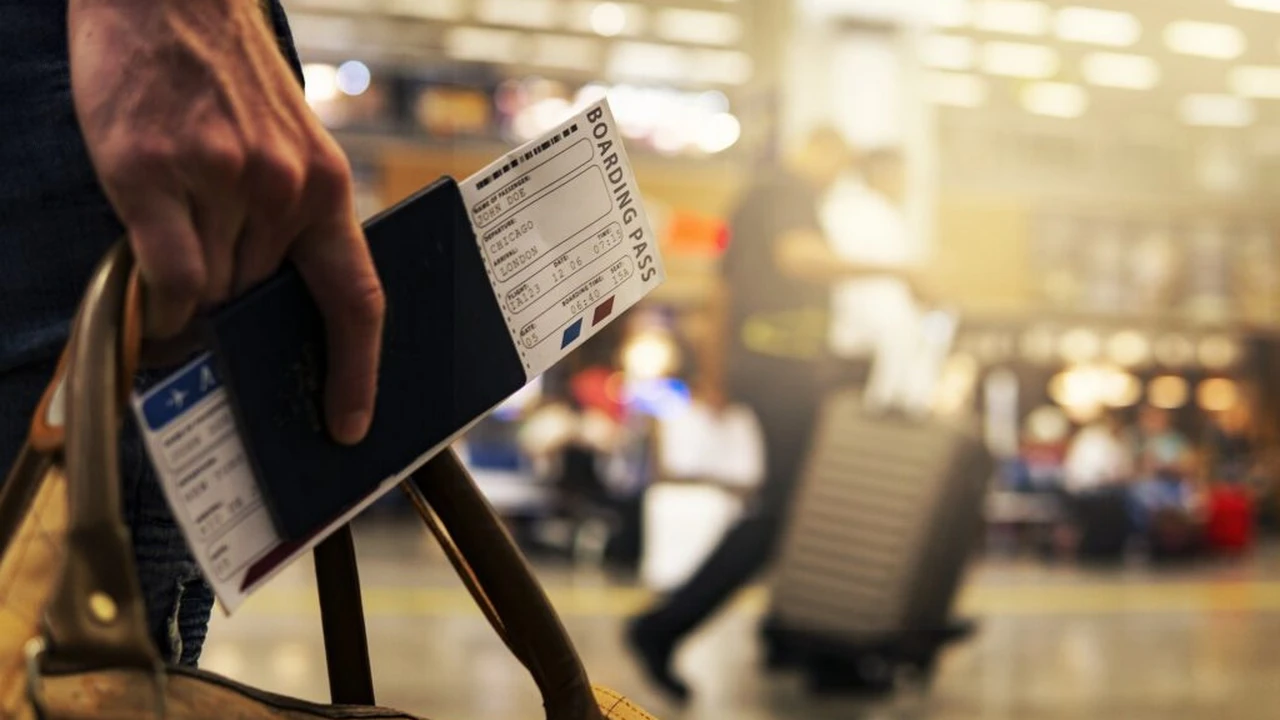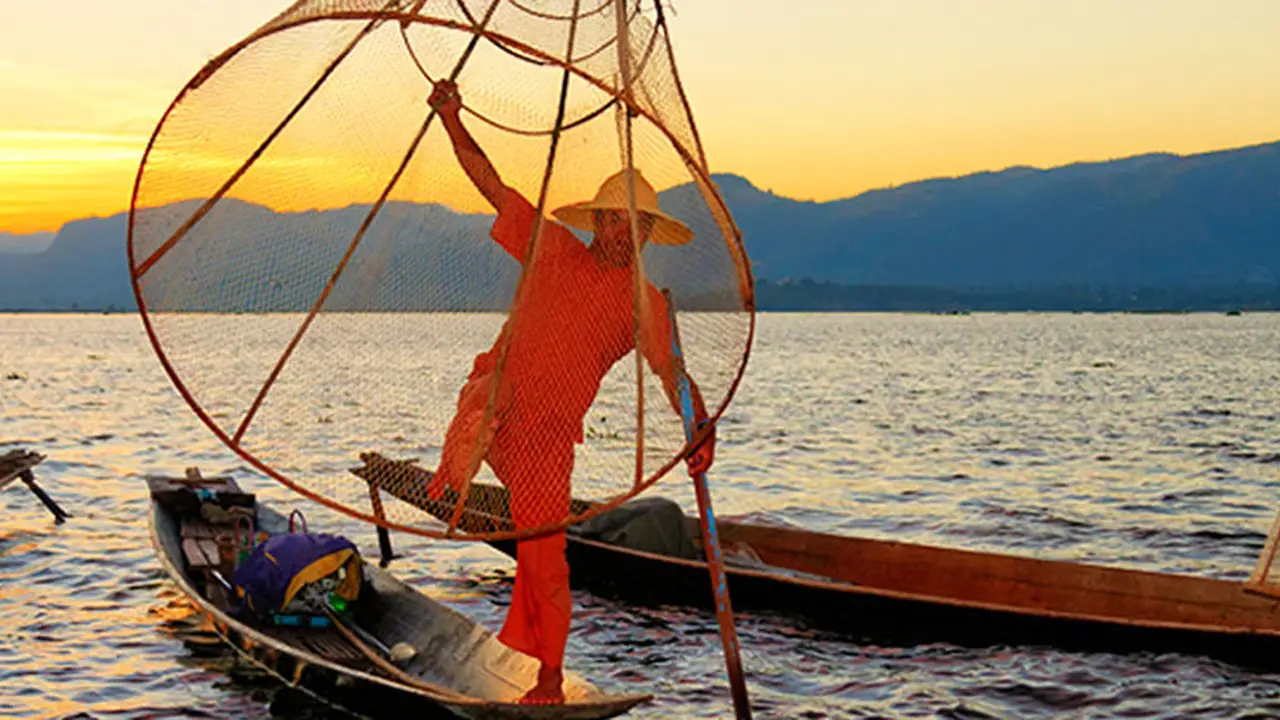Travel Insurance Solo Traveler Coverage
Plan your solo adventure with confidence. This article compares different travel insurance policies and highlights essential coverage. Protect your investment and health during your adventure.

Why Solo Travelers Need Insurance Travel Protection
Okay, so you're planning an epic solo trip. That's awesome! But before you jet off to explore ancient ruins or hike scenic trails, let's talk about something not quite as exciting but super important: travel insurance. Think of it as your safety net, your \"just in case\" plan for when things don't go exactly as planned (and let's be honest, sometimes they don't!). When you’re traveling solo, you’re the only one responsible for your well-being and any unexpected costs. It's way more crucial than when you're with a group who can help out.
Understanding Different Types of Travel Insurance Solo Trip Coverage
Now, let's dive into the different types of travel insurance policies. It can seem confusing, but we'll break it down. There are generally two main types: single-trip and annual multi-trip policies.
- Single-Trip Policies: These are perfect if you're only planning one trip in the near future. They cover you for the duration of that specific trip.
- Annual Multi-Trip Policies: If you're a frequent traveler, this might be the better option. It covers you for multiple trips within a year, up to a certain number of days per trip.
Within these two categories, you'll find different levels of coverage. Here are some key things to look for:
- Medical Coverage: This is a big one. Make sure the policy covers medical expenses, including hospitalization, doctor visits, and emergency transportation. Check the coverage limits and whether it covers pre-existing conditions.
- Trip Cancellation/Interruption: Life happens. If you need to cancel your trip due to illness, injury, or other unforeseen circumstances, this coverage can reimburse you for non-refundable expenses.
- Baggage Loss/Delay: Losing your luggage is a major bummer, especially when you're solo. This coverage can help you replace essential items if your bags are lost, stolen, or delayed.
- Emergency Evacuation: In extreme cases, you might need to be evacuated due to a medical emergency or natural disaster. This coverage can be a lifesaver (literally).
- 24/7 Assistance: A good travel insurance policy should offer 24/7 assistance in case you need help with anything, from finding a doctor to rebooking flights.
Comparing Travel Insurance Providers Solo Traveler Options
Okay, so now you know what to look for. But which travel insurance provider should you choose? Here are a few popular options, along with a quick comparison:
- World Nomads: This is a popular choice among backpackers and adventure travelers. They offer comprehensive coverage, including medical, trip cancellation, and baggage loss. They also cover a wide range of adventure activities. They are known for their flexibility and ability to purchase or extend policies while already traveling.
- Pros: Excellent coverage for adventure activities, flexible policies, good customer service.
- Cons: Can be a bit more expensive than other options.
- Typical Cost: Varies depending on age, destination, and coverage level, but expect to pay around $50-$150 for a two-week trip.
- Example Scenario: Sarah is planning a solo backpacking trip through Southeast Asia, including hiking in Thailand and scuba diving in the Philippines. World Nomads is a good fit because it covers these activities and offers the flexibility to extend her policy if she decides to stay longer.
- Allianz Travel Insurance: Allianz offers a variety of plans to suit different needs and budgets. They have good medical coverage and trip cancellation benefits. They also offer options for rental car protection.
- Pros: Wide range of plans, good medical coverage, rental car protection options.
- Cons: Customer service can be inconsistent.
- Typical Cost: Varies depending on age, destination, and coverage level, but expect to pay around $40-$120 for a two-week trip.
- Example Scenario: Mark is taking a solo road trip across the US. Allianz is a good fit because they offer rental car protection and have a range of plans to choose from based on his budget and coverage needs.
- Travel Guard: Travel Guard is another reputable provider with a good reputation for customer service. They offer comprehensive coverage, including medical, trip cancellation, and baggage loss. They also have options for pre-existing conditions.
- Pros: Good customer service, comprehensive coverage, options for pre-existing conditions.
- Cons: Can be more expensive than other options, depending on the plan.
- Typical Cost: Varies depending on age, destination, and coverage level, but expect to pay around $60-$180 for a two-week trip.
- Example Scenario: Lisa has a pre-existing medical condition and is planning a solo trip to Europe. Travel Guard is a good fit because they offer options for covering pre-existing conditions and have a reputation for good customer service.
- InsureMyTrip: This isn't an insurance provider itself, but rather a comparison website where you can compare quotes from multiple providers. This is a great way to find the best deal for your specific needs.
- Pros: Allows you to compare quotes from multiple providers, saving you time and money.
- Cons: You still need to do your research to make sure the policy you choose is right for you.
- Typical Cost: N/A - InsureMyTrip is a comparison website.
- Example Scenario: David is unsure which travel insurance provider to choose. He uses InsureMyTrip to compare quotes from multiple providers and find the best deal for his solo trip to South America.
Specific Product Recommendations and Usage Scenarios Best Travel Insurance Policies
Let's get into some specific product recommendations. Remember, the best policy for you will depend on your individual needs and travel style.
- World Nomads Explorer Plan: This plan offers the most comprehensive coverage, including higher limits for medical expenses, trip cancellation, and baggage loss. It's a good choice for adventure travelers and those who want the peace of mind of knowing they're fully covered.
- Usage Scenario: You're planning a long-term backpacking trip through multiple countries, including activities like hiking, diving, and climbing.
- Price: Around $100-$200 for a two-week trip, depending on age and destination.
- Allianz Prime Plan: This plan offers a good balance of coverage and affordability. It includes decent medical coverage, trip cancellation benefits, and baggage loss protection. It's a good choice for travelers who want solid coverage without breaking the bank.
- Usage Scenario: You're taking a week-long trip to a major city and want basic coverage for medical emergencies and trip cancellations.
- Price: Around $50-$100 for a two-week trip, depending on age and destination.
- Travel Guard Essential Plan: This plan offers basic coverage at a lower price point. It's a good choice for travelers on a tight budget who still want some level of protection.
- Usage Scenario: You're taking a short trip to a nearby country and only need basic coverage for medical emergencies.
- Price: Around $40-$80 for a two-week trip, depending on age and destination.
Comparing Features and Prices Travel Insurance Comparison
Here's a quick comparison table to help you see the differences between these options:
| Feature | World Nomads Explorer | Allianz Prime | Travel Guard Essential |
|---|---|---|---|
| Medical Coverage | High | Medium | Basic |
| Trip Cancellation | High | Medium | Basic |
| Baggage Loss | High | Medium | Basic |
| Adventure Activities | Excellent | Limited | Not Covered |
| Price (2 weeks) | $100-$200 | $50-$100 | $40-$80 |
How to Choose the Right Policy Solo Traveler Decision
So, how do you choose the right policy for *you*? Here are some things to consider:
- Your Destination: Some countries have higher medical costs than others. If you're traveling to a country with expensive healthcare, you'll want higher medical coverage.
- Your Activities: If you're planning on doing any adventure activities, make sure your policy covers them.
- Your Budget: Travel insurance is an investment, but you don't want to overspend. Find a policy that offers the coverage you need at a price you can afford.
- Your Health: If you have any pre-existing conditions, make sure your policy covers them.
Purchasing Your Policy Solo Travel Prep
Once you've chosen a policy, purchasing it is usually pretty straightforward. You can typically buy it online through the provider's website. Make sure to read the policy documents carefully before you buy, so you understand what's covered and what's not.
It’s also a good idea to keep a copy of your policy documents with you while you travel, both in paper form and digitally on your phone or tablet. And make sure your emergency contacts know about your policy and how to access it.
Using Your Insurance Claiming Process
Okay, so you've bought your policy, and hopefully, you won't need to use it. But if you do, here's what to do:
- Contact Your Insurance Provider: As soon as possible after the incident, contact your insurance provider to report the claim.
- Gather Documentation: You'll need to provide documentation to support your claim, such as medical bills, police reports, and receipts.
- Follow the Instructions: Your insurance provider will give you instructions on how to file the claim. Follow these instructions carefully.
- Be Patient: Claims can take time to process, so be patient.
Tips for Saving Money on Travel Insurance Budget Travel
Travel insurance is essential, but it doesn't have to break the bank. Here are some tips for saving money:
- Compare Quotes: Use a comparison website like InsureMyTrip to compare quotes from multiple providers.
- Choose a Higher Deductible: A higher deductible will lower your premium.
- Look for Discounts: Some providers offer discounts for students, seniors, or members of certain organizations.
- Consider an Annual Policy: If you travel frequently, an annual policy might be cheaper than buying single-trip policies.
So, there you have it – a comprehensive guide to travel insurance for solo travelers. It might not be the most exciting topic, but it's definitely one of the most important. Safe travels!
:max_bytes(150000):strip_icc()/277019-baked-pork-chops-with-cream-of-mushroom-soup-DDMFS-beauty-4x3-BG-7505-5762b731cf30447d9cbbbbbf387beafa.jpg)






